T4K3.news
Man indicted in Capital Jewish Museum shooting
Elias Rodriguez faces nearly 10 charges, including murder and hate crimes.
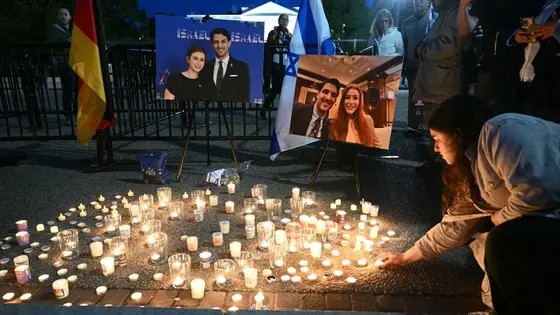
Federal prosecutors have indicted Elias Rodriguez on multiple charges related to the deadly shooting of two Israeli diplomats.
Capital Jewish Museum shooting suspect faces serious charges
Elias Rodriguez has been indicted by federal prosecutors for nearly 10 charges, including premeditated murder and hate crimes, in connection with the shooting deaths of Yaron Lischinsky and Sarah Milgrim of the Israeli Embassy. The indictment allows the Justice Department to seek the death penalty, marking the first such case in Washington, DC, in recent years. The incident occurred on May 21 when Rodriguez allegedly shot the two diplomats outside the Capital Jewish Museum. Surveillance footage reportedly shows him firing multiple shots, even as the victims fell to the ground. Despite the serious charges, proving that Rodriguez's actions were motivated by antisemitism may prove challenging for prosecutors, given statements he made criticizing Israel over the Gaza conflict. He remains in federal custody, and a formal plea has not yet been entered.
Key Takeaways
"Rodriguez intentionally and with forethought killed the two victims."
This quote indicates how serious the allegations are against Rodriguez.
"Convicting him may pose significant challenges for prosecutors."
This reflects the difficulty in proving hate crime motivations.
"I did it for Palestine, I did it for Gaza."
This statement raises questions about Sergio Rodriguez's motive.
"The way he allegedly killed Milgrim was especially heinous, cruel and depraved."
This shows the gravity of the crime and the basis for potential death penalty pursuit.
The case against Rodriguez highlights the intersection of hate crimes and gun violence, raising the stakes for federal prosecutors. Convicting him may pose significant challenges, as they must demonstrate that his motivation stemmed from religious prejudice rather than political animosity. The move to seek the death penalty signals a commitment to addressing hate-driven violence, yet it also invites scrutiny over the complexities involved in hate crime legislation. As public reaction builds, this case could influence discussions around gun control and hate crime legislation, especially in a politically charged climate.
Highlights
- This case could redefine how we view hate crimes in America.
- The challenge lies in proving his motivations for murder.
- Rodriguez's actions may highlight deep societal issues.
- Can we balance justice and the complexities of hate?
Concerns over hate crime and potential death penalty
Prosecutors face the challenge of proving that Rodriguez's motives were rooted in antisemitism rather than political expression. This case has sensitive implications for hate crime laws and public safety.
The outcome of this case may set important precedents in the fight against hate crime and violence.
Enjoyed this? Let your friends know!
Related News

Three killed at Target in Austin Texas
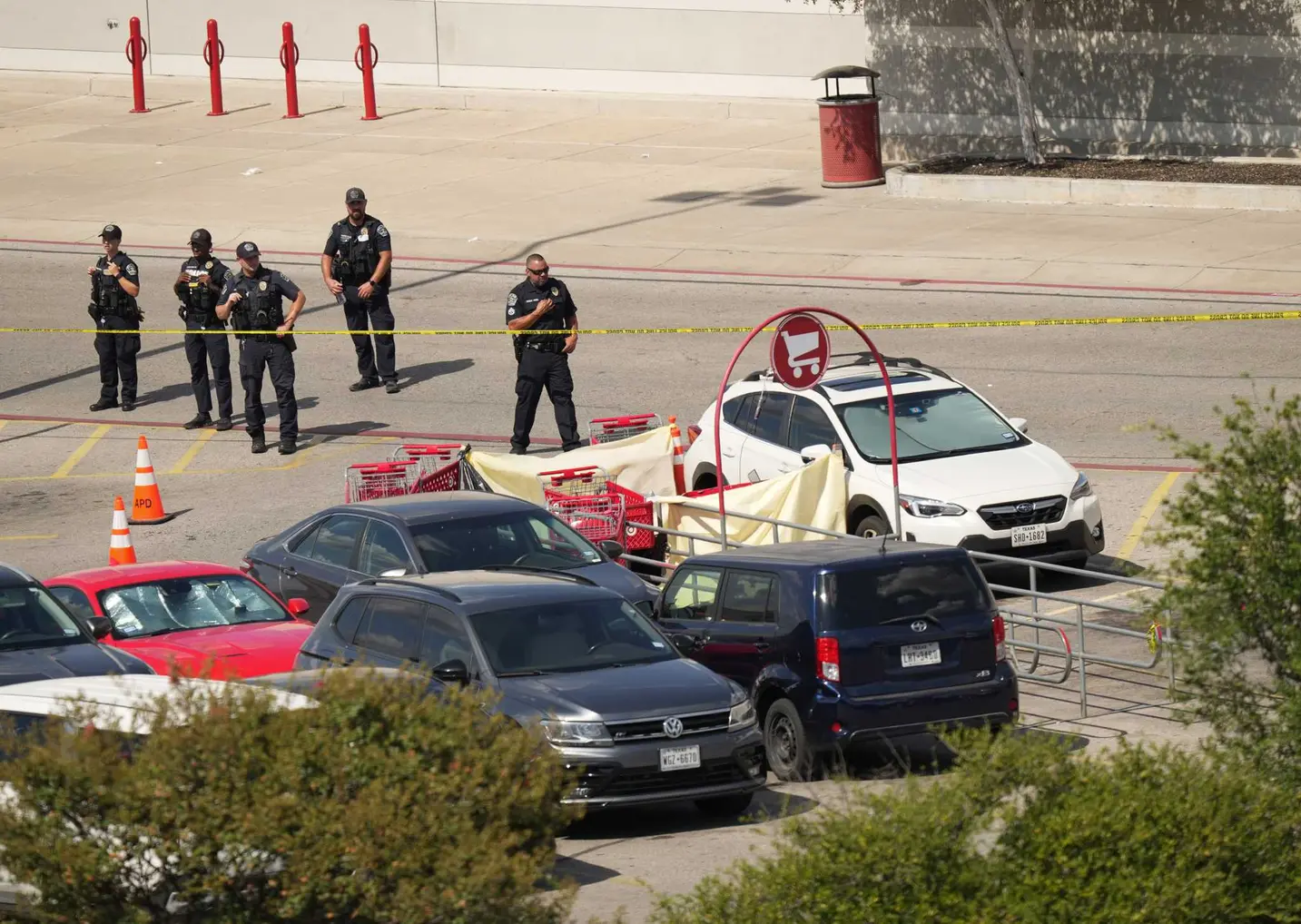
Three killed in Austin Target shooting
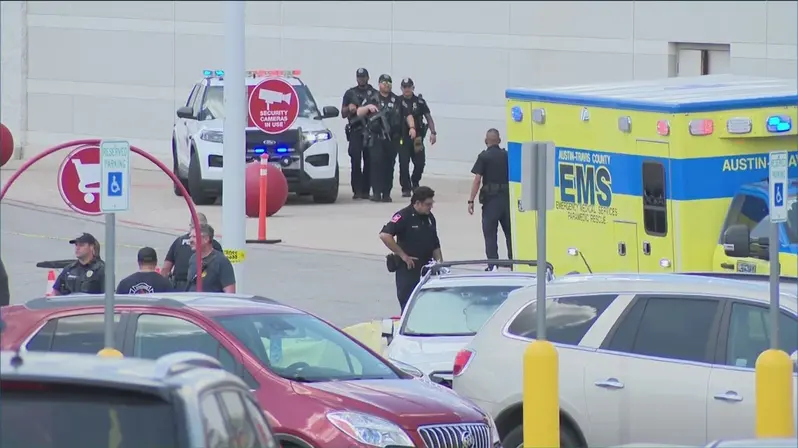
Austin Target shooting victims named

Target shooting in Austin
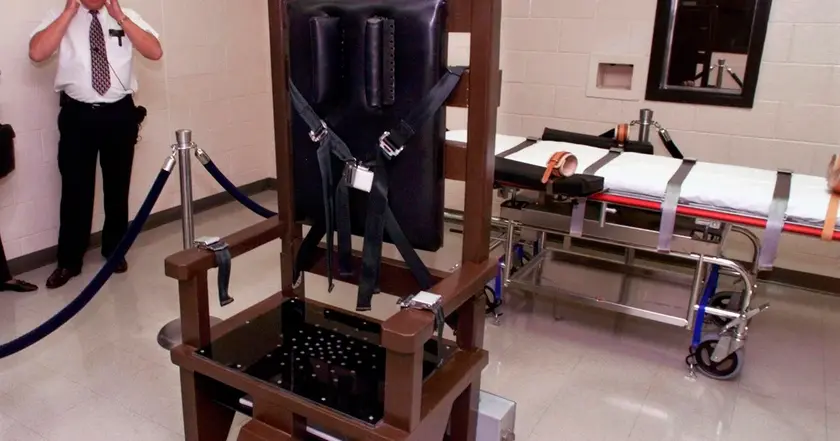
Tennessee executes Byron Black despite health concerns

NBA offseason grades reveal team performances
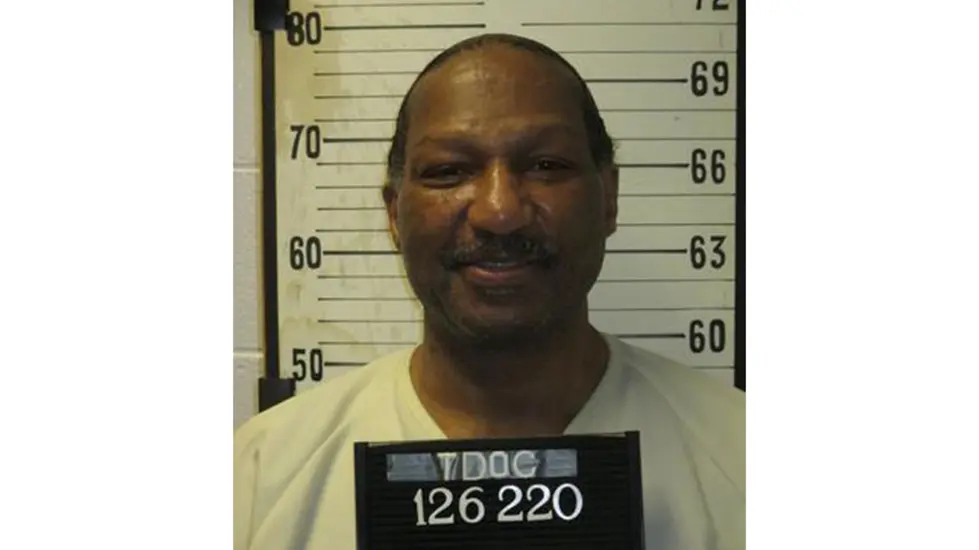
Tennessee prepares for execution of Byron Black with medical concerns

Tennessee inmate executed despite health concerns
